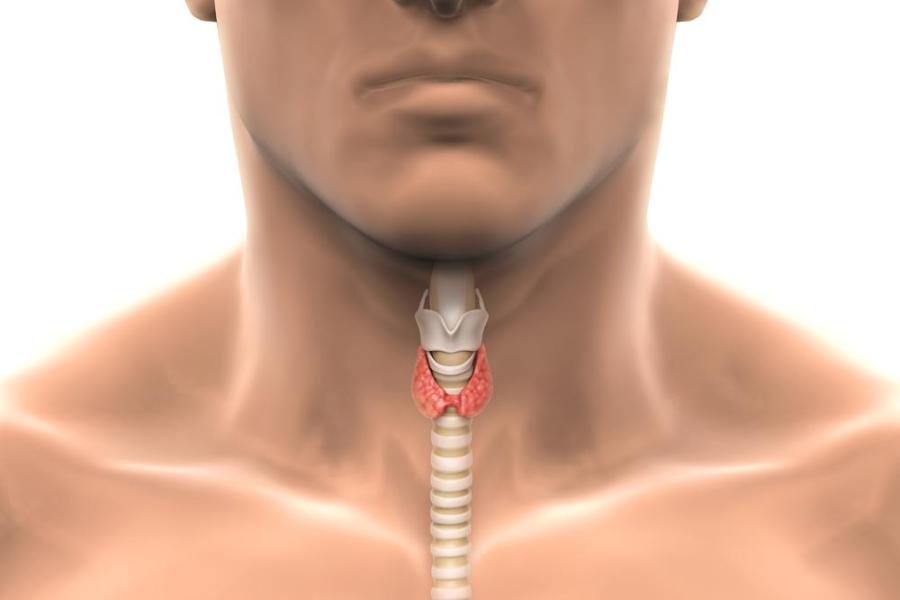
Prevalence and Types of Hypothyroidism
Prevalence of Hypothyroidism
Hypothyroidism is a fairly common endocrine disorder . Approximately 5% of US population is diagnosed with hypothyroidism. It is a condition that often goes undiagnosed, nearly 60% of patients with hypothyroidism don’t realize they have it .
- More common in women: 12-15% of women have hypothyroidism as opposed to men who have an incidence of 2-5%
- More common in older adults: Most patients are over 30 years old at the time of diagnosis. However, occurrence in youth has been recorded too
- Iodine deficiency: Several million people are diagnosed with low iodine hypothyroidism. This phenomenon is common in underdeveloped countries as opposed to developed nations
Hypothyroidism is a common endocrine condition in which the thyroid gland is not functioning properly and produces a reduced amount of thyroid hormone. Thyroid hormone is produced by the thyroid gland and plays a crucial role in maintaining proper body functions such as metabolism. When thyroid hormone is low, the whole body slows down. The thyroid is a small butterfly-shaped gland located in the front of the neck.
Thyroid hormone impacts
- Metabolism
- Weight
- Mood
- Brain development and function
- Cardiac function
- Respiratory rate
- Temperature control
- Muscle skeletal system
- Reflexes and strength
- Menstrual cycle
Types of Hypothyroidism
Hypothyroidism is classified by type: low iodine, medical induced, pituitary, congenital, pregnancy induced, lifestyle and Hashimoto’s.
Low Iodine: Hypothyroidism due to a lack of iodine in the diet. The thyroid gland needs sufficient iodine in order to create thyroid hormones. Common in underdeveloped countries. Several million people are diagnosed with low iodine hypothyroidism. Rare in developed countries where iodine can be found in water, table salt, and many foods.
Medical associated: Hypothyroidism that is the result of the treatment of hyperthyroidism and removal of the thyroid. In patients with hyperthyroidism, the thyroid gland is often removed with surgery or neutralized using radioactive treatments to prevent chronically high levels of thyroid hormone from wreaking havoc on the body. After the removal or neutralization, the patient is left hypothyroid and will need to be on hormone replacements for life. In addition, medications can affect the thyroid: lithium and amiodarone are examples. Iodine is also a culprit: too little iodine can cause hypothyroidism, but so can too much iodine.
Pituitary: Occurs when the problem does not stem from the thyroid, but rather the pituitary gland, which is responsible for signaling the thyroid to produce more thyroid hormone when hormone levels are low. When the pituitary gland fails to detect low amounts of thyroid in the blood and does not release enough TSH (hormone that signals the thyroid)
Lifestyle: The stress on the body from extreme exercise and/or anorexia are postulated to cause hypothyroidism
Congenital: Babies can be born with hypothyroidism. The congenital form will lead to mental retardation if not treated early in life. Thyroid screenings are completed on all babies at birth for this reason. Immediate thyroid replacement treatment is needed to prevent mental and physical growth defects.
Pregnancy: Pregnancy stresses the thyroid and women can experience temporary or sustained hypothyroidism as a result.
Hashimoto’s: The most common form of hypothyroidism is Hashimoto’s. Is an autoimmune disease in which body mistakes the thyroid cells as invader cells and seek to destroy them. The result is an inability of the thyroid to produce normal amounts of thyroid and a lifelong dependency on thyroid supplements. While the exact cause is unknown, the autoimmune process is thought to be the result of genetic predisposition and an environmental trigger. Some scientists believe if the cause of the autoimmune attack can be identified and eliminated, then the attack on the thyroid will cease and healing can begin.




